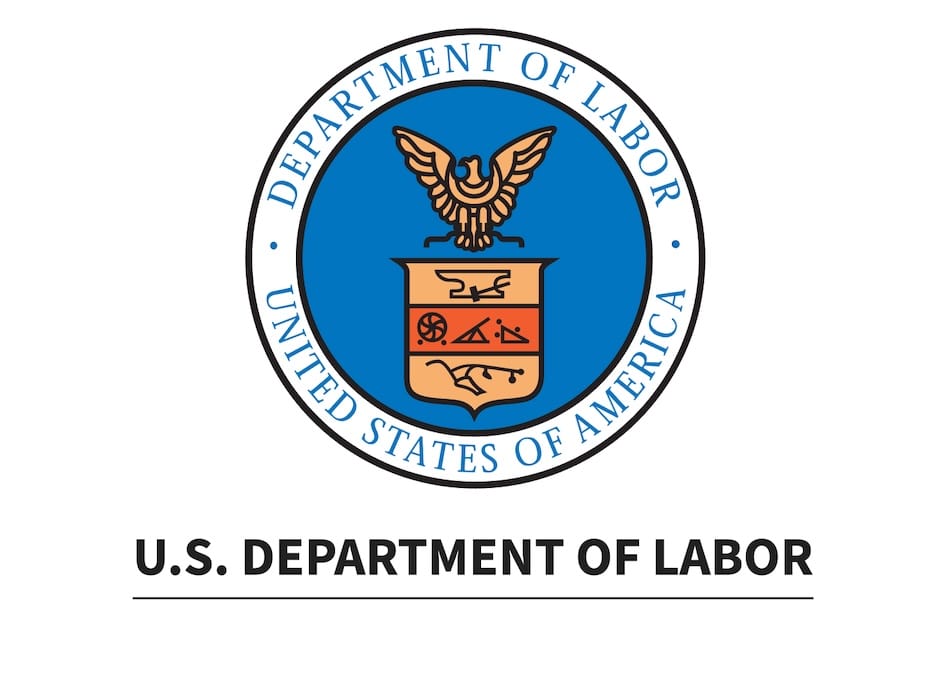
Key Takeaways
- The Department of Labor has rescinded its 2022 warning against Bitcoin in 401(k)s.
- Fiduciaries can now consider Bitcoin for retirement plans without federal discouragement.
- Labor Secretary Chavez-DeRemer called the 2022 policy an overreach by D.C. bureaucrats.
The U.S. Department of Labor announced on May 28 that it has officially rescinded a 2022 policy that warned against including Bitcoin and other digital assets in 401(k) retirement plans.
Criticism of the previous guidance
The previous guidance, issued under the Biden administration, urged fiduciaries to use “extreme care” when considering Bitcoin investment options for retirement portfolios.
Critics argued this language went beyond the Employee Retirement Income Security Act (ERISA) and marked a shift away from the department’s traditionally neutral approach.
Statement from Secretary of Labor
U.S. Secretary of Labor Lori Chavez-DeRemer criticized the 2022 directive, calling it an overreach.
Chavez-DeRemer said:
The Biden administration’s Department of Labor made a choice to put their thumb on the scale. We’re rolling back this overreach and making it clear that investment decisions should be made by fiduciaries, not D.C. bureaucrats.
Reaffirming neutrality in investment decisions
With this policy reversal, the department reaffirms its commitment to neutrality.
Fiduciaries are once again empowered to assess Bitcoin’s suitability in retirement plans without undue federal discouragement.
Empowering fiduciaries
The decision does not endorse or oppose Bitcoin investments but returns responsibility to plan fiduciaries.
According to the updated stance, if a fiduciary deems Bitcoin an appropriate option for a retirement plan menu, the Department of Labor will not interfere.
Aligning with broader regulatory trends
This move aligns with a broader regulatory trend in 2025 to reduce federal intervention in digital asset policy, particularly around retirement and investment vehicles.




